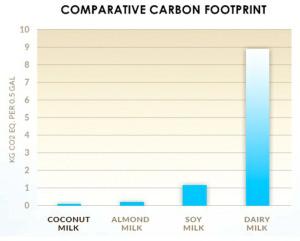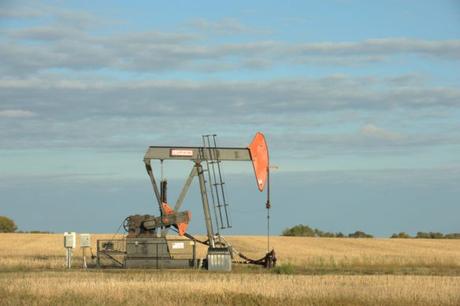GR: Having had local experience with government cover-up of hazardous conditions, I am not surprised that Canadian officials would cooperate with the fossil-fuel industry to hide the truth from endangered citizens. We sometimes ask industries to regulate themselves, but as you will read, this doesn’t always work very well.

Dairy Carbon Footprint (sodeliciousdairyfree.com)
The lack of concern for human injury is just one facet of government-industry collusion. Conditions that impact vegetation, wildlife, and whole ecosystems receive even less concern. Reporters do not mention the broader issue because the damage is not directly experienced by people and because most of us do not understand what is happening. Nevertheless, ecologists have studied the impacts and costs to nature and human society. They’ve published the results. We all need to read a little more and work a little harder to understand the consequences of our behavior whether it is criminal acts by government and industry personnel or the byproducts of acts as simple as drinking a glass of milk.


